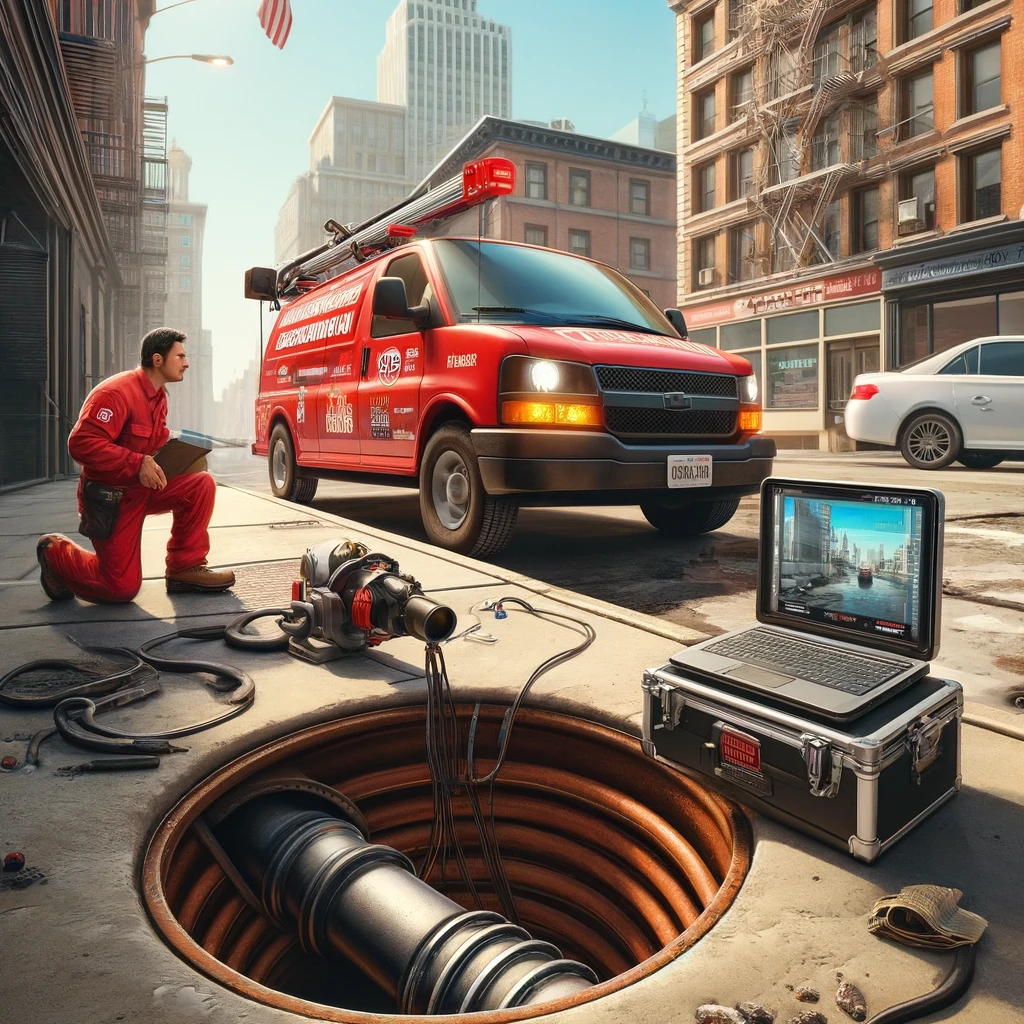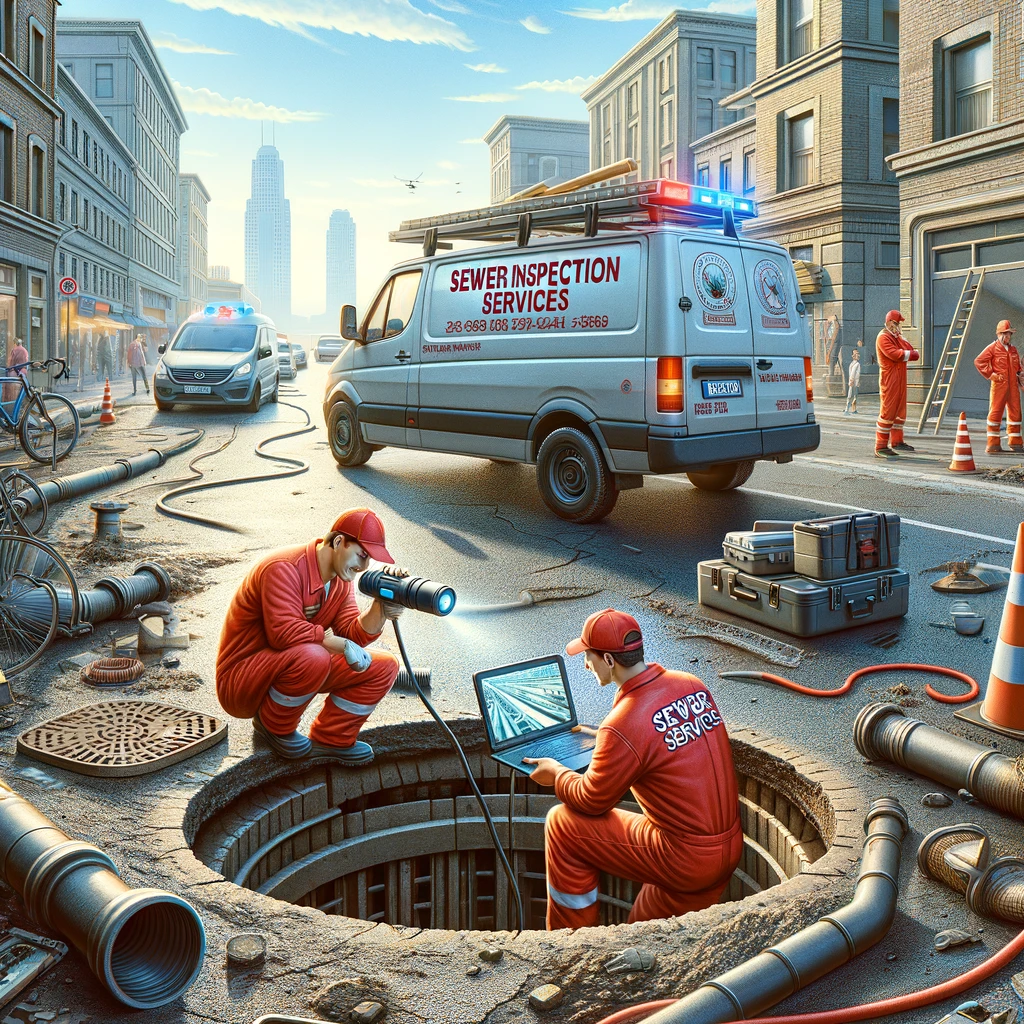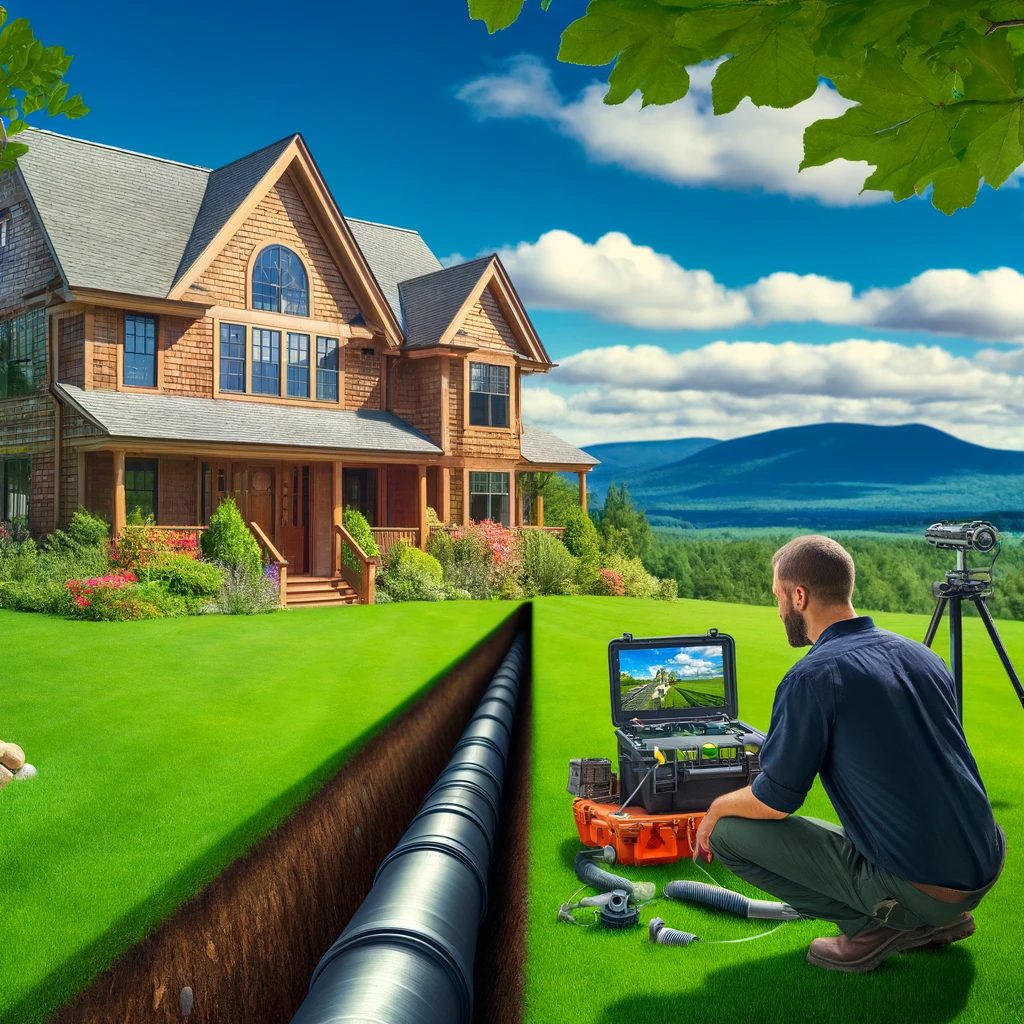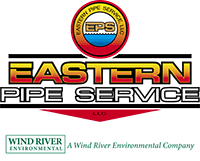Essential Guide to Cast Iron Sewer Pipe Repair in New Hampshire
Cast iron sewer pipes have been a durable choice for plumbing systems in many New Hampshire homes, particularly in older constructions. Despite their robustness and longevity, these pipes are susceptible to certain issues as they age. Here’s a factual overview of cast iron pipe repair, specifically focusing on the challenges and solutions relevant to New Hampshire homeowners.
1. Common Issues with Cast Iron Pipes
- Corrosion and Rust: The most prevalent issue with cast iron pipes is corrosion, which leads to rust formation. This process is accelerated by the presence of moisture and can cause the pipe walls to thin and weaken over time.
- Cracking: Cast iron pipes can develop cracks due to shifting soil, freeze-thaw cycles, or increased traffic loads above ground.
- Scaling: Over the years, mineral deposits can form layers inside the pipes, reducing flow capacity and leading to blockages.
2. Signs of Cast Iron Pipe Failure
- Frequent Blockages: Slow drainage and recurring clogs can indicate deteriorating internal pipe surfaces.
- Leaks and Water Damage: Visible water in the basement or foundation cracks can be signs of pipe failure.
- Foul Odors: Sewage smells near drains or outdoors can signal cracks or breaks in sewer lines.

3. Inspection Techniques
- CCTV Inspection: Specialized cameras are used to visually inspect the condition of sewer pipes internally, identifying any damage, obstruction, or wear.
- Hydrostatic Testing: This involves filling a section of the sewer system with water under pressure to test for leaks.
4. Repair and Replacement Options
- Pipe Lining: Often a preferred method, pipe lining involves inserting a new, durable liner inside the existing pipe to seal cracks and restore pipe integrity without extensive excavation.
- Pipe Bursting: This technique replaces old pipes by breaking them apart as a new pipe is pulled through the existing path.
- Open Trench Repair: In cases where lining or bursting is impractical, traditional excavation is performed to physically access and replace the damaged section of the pipe.
5. Preventative Maintenance
- Regular Cleaning: Removing build-ups and blockages can extend the life of cast iron pipes.
- Frequent Inspections: Routine checks can help catch issues before they turn into major failures.
6. Choosing a Repair Service
- Certification and Experience: Ensure the service provider has the necessary certifications and experience with cast iron systems.
- Technology and Equipment: Advanced technology like trenchless repair methods can offer less invasive options for repairing pipes.
For New Hampshire residents, maintaining and repairing cast iron sewer pipes is crucial to avoid costly damages and ensure the plumbing system operates efficiently. Utilizing modern repair technologies and adhering to preventative maintenance schedules can significantly enhance the lifespan of these pipes.







